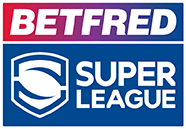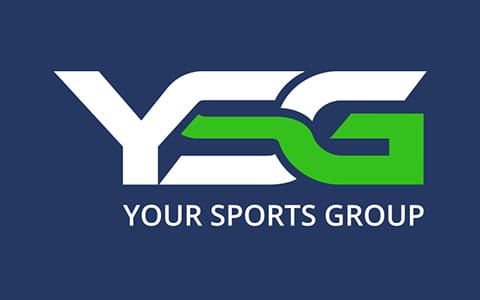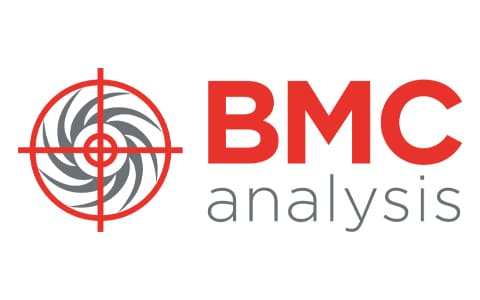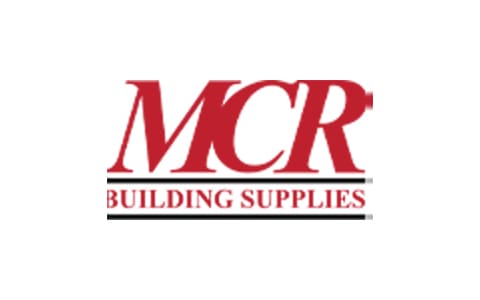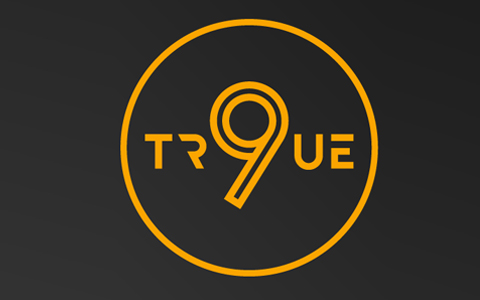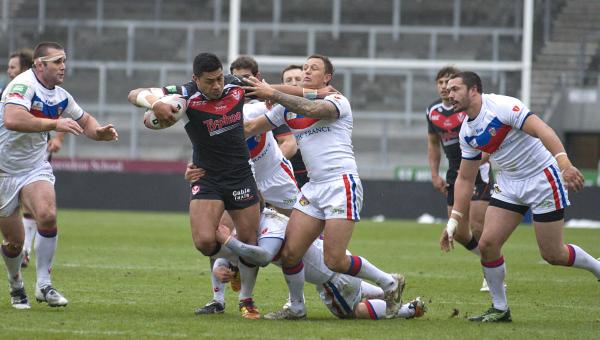
The RFL has confirmed details of the Rugby League rule changes that will be implemented during the 2013 Championships and Super League seasons, which kick-off next week.
The rule changes have been applied in all pre-season friendly games after being approved by the RFL Council last year following proposals from the RFL’s Laws Committee, a body comprising past and present players, coaches and administrators that was formed in 2012.
The most notable change will see new interpretations to the advantage rule in which a team gaining possession from a forward pass or knock on will only be deemed to have taken their advantage if they keep possession until the next tackle is complete.
If possession is lost before the tackle is completed, the referee will go back to the point of the original infringement and award a scrum against the team that infringed first. The referee will rule that the team in possession has not had an advantage if they are tackled close to their own goal-line.
Other notable changes will see amendments to the current marker tackle rulings, changes to the ball-in-touch, touch-in-goal and dead-in-goal rulings.
The law changes in full are as follows:
Ball in touch or touch in-goal or dead in-goal (Section 9)
A player is deemed to be in touch if any part of his body touches the touchline or anything outside of the playing field. Similarly, a player is deemed to be touch in-goal or dead in-goal if any part of his body touches the touch in-goal or dead-ball line or anything outside the field of play in those areas. If a player who is in touch, touch in-goal or dead in-goal touches a moving ball then the team who kicked the ball or knocked on are responsible for the ball going out of play. However, if the ball is stationary in the field of play and is then touched by a player who is in touch, touch in-goal or dead in-goal then that player is responsible for the ball going dead.
Scrum on 20m line
Other than as outlined above, the game is restarted after the ball has gone into touch by forming a scrum 20 metres infield opposite the point of entry into touch but not nearer than ten (10) meters to the goal-line. In all aspects of general play, a player who does not deliberately play at the ball (e.g. ricochet or rebound) will not be disadvantaged by a consequent restart of play when the ball has gone dead or into touch.
Penalties – where taken
A penalty kick resulting from an offence at the kick off shall be taken from the centre of the halfway line. Any penalty kick arising from the restarting of play from an optional kick on the 20m line shall be taken where the offence takes place. Any penalty kick arising from any other 20-metre restart shall be taken from the centre of the 20m line. A penalty kick resulting from any offence at the drop out from between the posts shall be taken from the centre of the line drawn parallel to and 10 metres from the goal line.
Changes to Interpretations:
Late challenge on the kicker
A late challenge on the kicker will no longer result in an automatic sin bin for the player who tackled late. The referee will still have the option to penalise, sin bin or dismiss the player if he sees it as appropriate.
Calling held if a player is dragged
The referee will call held if a player is being dragged when there is more than one tackler involved. The referee will call held once he sees one of the tacklers (where there is more than one tackler involved in the tackle) take up a position where he is holding up the player and moving backwards towards the touchline or his own in goal area. If the player continues to drag after “held” has been called he will be penalised.
Referee signal for team caution
The referee no longer needs to inform the captain verbally that his team has been placed on a caution. In order to keep the game moving, the referee will inform the team and spectators that a team has been placed on caution for a period of time by pointing at that team and circling his other arm in front of him.
Quick 20-metre restart
A team can take advantage of a quick 20m restart if the player collecting the ball after it has gone or been made dead in the in goal area runs back to the centre of the 20m line while retaining possession of the ball and takes the restart himself. In addition, all players from the team taking the 20m restart must be back inside the 20-metre area, the referee must be back on the 20m line and the restart must be taken at the centre of the 20m line. A mark will be placed on the centre of the 20m line as an indication to the players.
Advantage
If a team gains possession from a forward pass or knock on then they will only be deemed to have taken their advantage if they keep possession until the next tackle is complete. If possession is lost before the tackle is complete then the referee will go back to the point of the original infringement and award a scrum against the team that infringed first. The referee will rule that the team in possession has not had an advantage if they are tackled close to their own goal line. Foul play by the team attempting to take the advantage will be penalised at the point where the foul play occurs.
Markers not square when the ball is played
Where there is a quick play the ball and a marker(s) does not have time to get in position, he can be played onside by getting into the position he should have been in at marker. Once he has got to that position he can make a tackle. The referee should penalise players who get into a marker position but choose to leave early before the ball has been played.

